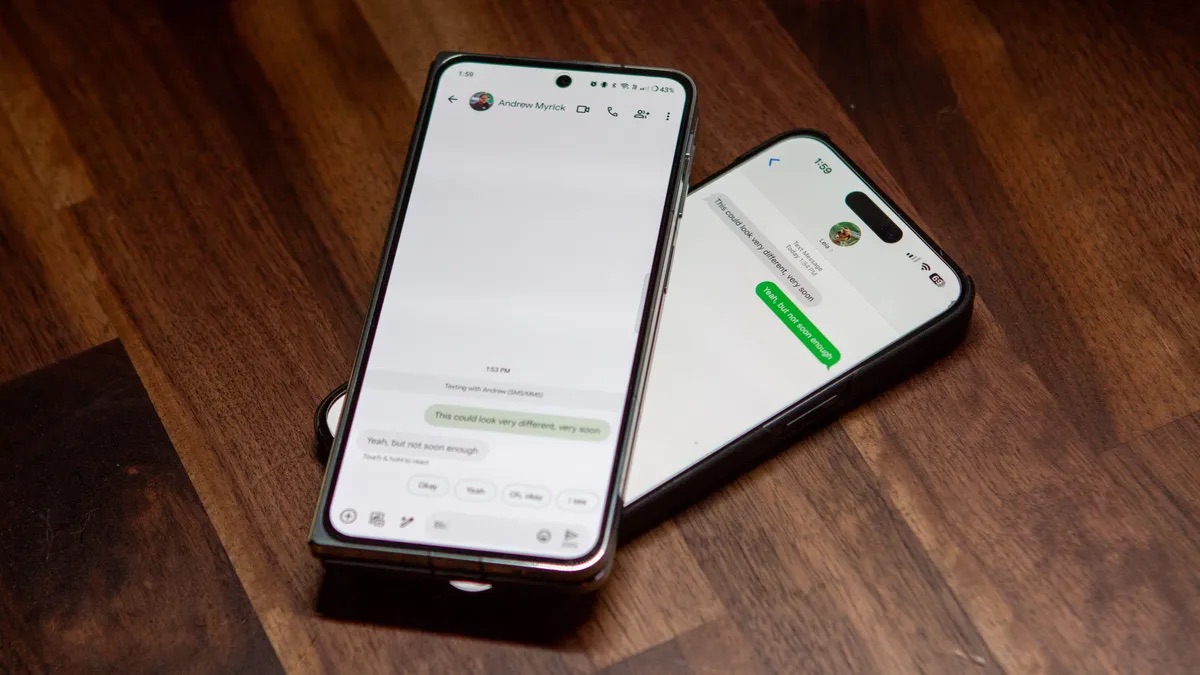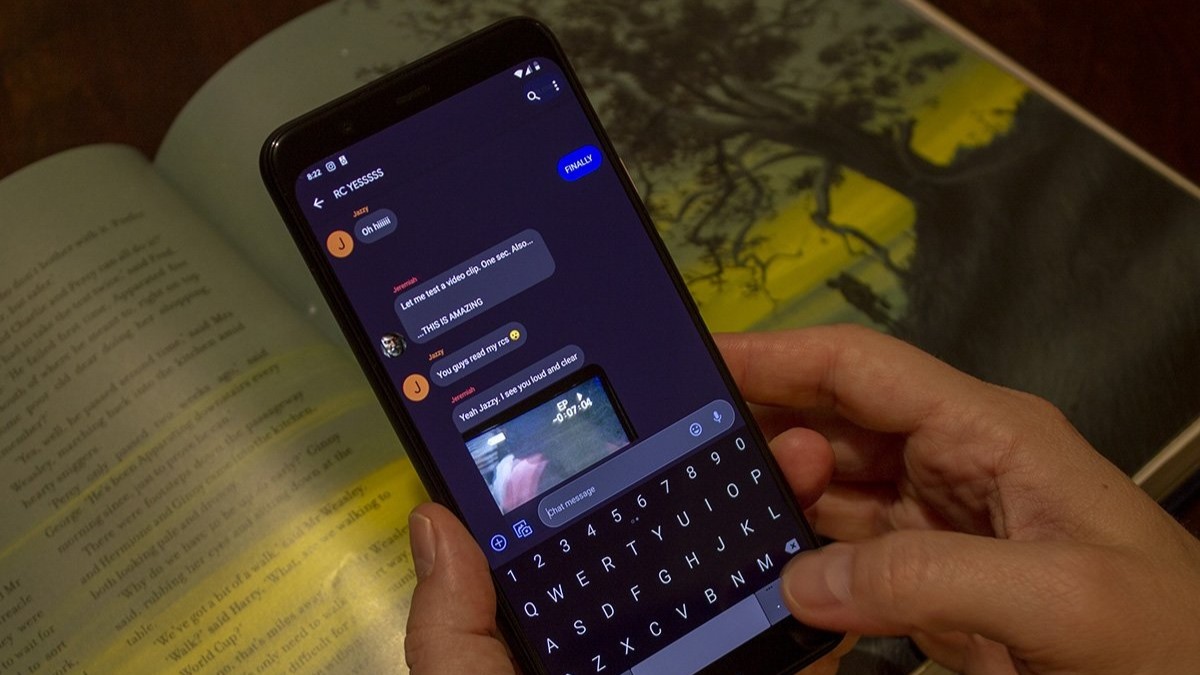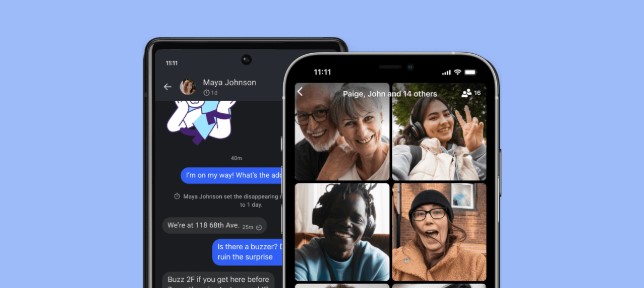
Normally, I'm quick to point out all the ways that Google shows a lack of respect for users inside its ecosystem. That's part of my job; if a Google exec scratches his or her butt, I need to see how it affects Google's portfolio and us since we're the ones using these products.
That means I rarely worry about what other companies, like Apple, do to their users. This time is different because Apple's disdain for consumers and lack of cooperation puts us all at risk, according to the FBI, which usually knows what it is doing.
I'm talking about RCS. Of course, I'm talking about RCS because it's been at least a month since I had to talk about RCS.

One of the web's longest-running tech columns, Android & Chill is your Saturday discussion of Android, Google, and all things tech.
Here's the deal: if you use an iPhone and message someone else who is using an iPhone, you're good. If you use an Android phone and message someone else using an Android phone, you're good, too. The problem is when an iPhone user messages an Android user or an Android user messages an iPhone user.
Those messages, using the default messages app built into the phone, are no more secure than the old way of sending a text was. Apple did incorporate RCS messaging into iMessage, but it did it in a way that's not secure and didn't work with Google to sort it out.
This happened because of RCS itself. The tech, in its current form, doesn't support any sort of encryption yet. It's being worked on, but if you implement RCS using only the current open standards, messages are no safer than they used to be.
On the other hand, Google does offer encrypted RCS messaging — but only between two Android phones or the Chrome browser tied to an Android phone. It added this itself because RCS has no encryption method in place.
Since about 80% of people worldwide who use a smartphone are using an Android smartphone, this was one of those times when Google did the right thing. Apple didn't. Apple offers iPhone users who talk to other iPhone users encryption and tells everyone else to just buy an iPhone.

The FBI piping in to let everyone know there is a problem isn't unexpected. In fact, it's the opposite, and I'm surprised it took so long. I assumed exploits would pop up during the first week, just like spam and phishing messages supposedly from the post office did. You (probably) aren't special, and nobody is actively trying to steal your identity and hack your credit cards; they're just trying to steal everyone's identity and get everyone's credit card info. Casting a huge net is an easy way to scam regular people out of millions each year.
Apple and Google could have, and should have, prevented this. Instead, Google was worried about tossing barbs at Apple and then taking a victory lap even when it didn't really get what it was demanding. Meanwhile, Apple trudged along and did nothing until China said they had to add RCS capabilities. Apple will always try to appease China when it's easy to do it, just like Google would. Neither side cared about working together to help consumers like us because we were going to buy their shit anyway. 💰🐄
So what should you do? If you live outside the U.S. or Canada, you probably don't have to do anything because you likely don't even use Google Messages or iMessage. People here use them because texts are free, and, well, we just do.
If you use either, you should stop and switch to a secure and encrypted platform like the FBI says. There are plenty, but I'm partial to Signal because the people behind it only care about making a secure messaging service; they want to hook you on their product by making it great and not tying it to another service or looking to sell it off to Meta.

That's easier said than done. You could go through all of your contacts and ask them to switch to another platform, but they're not going to do it. They don't think they need to do it because they might not have thousands in the bank sitting around ripe for the taking, or they don't think they have anything to hide.
All you really can do is refuse to send any information through Google Messages or iMessage that you don't want the world to read and wish the companies that made these things actually cared about their users.







